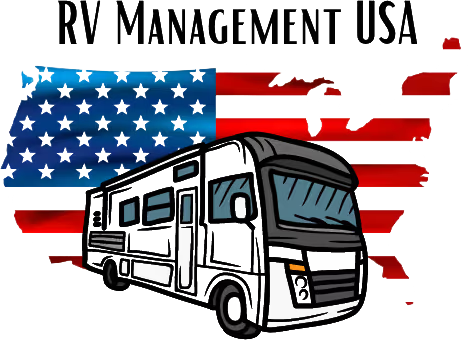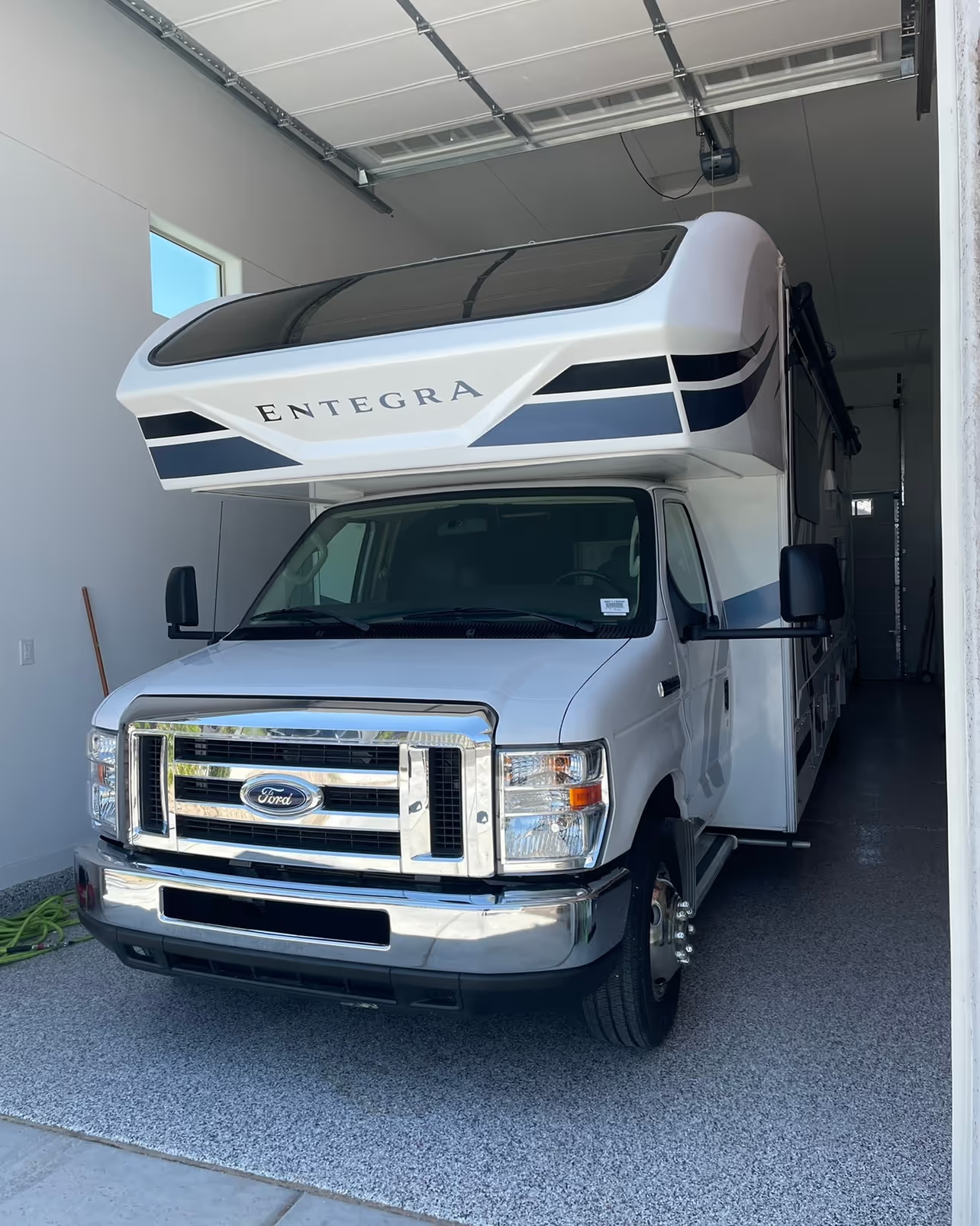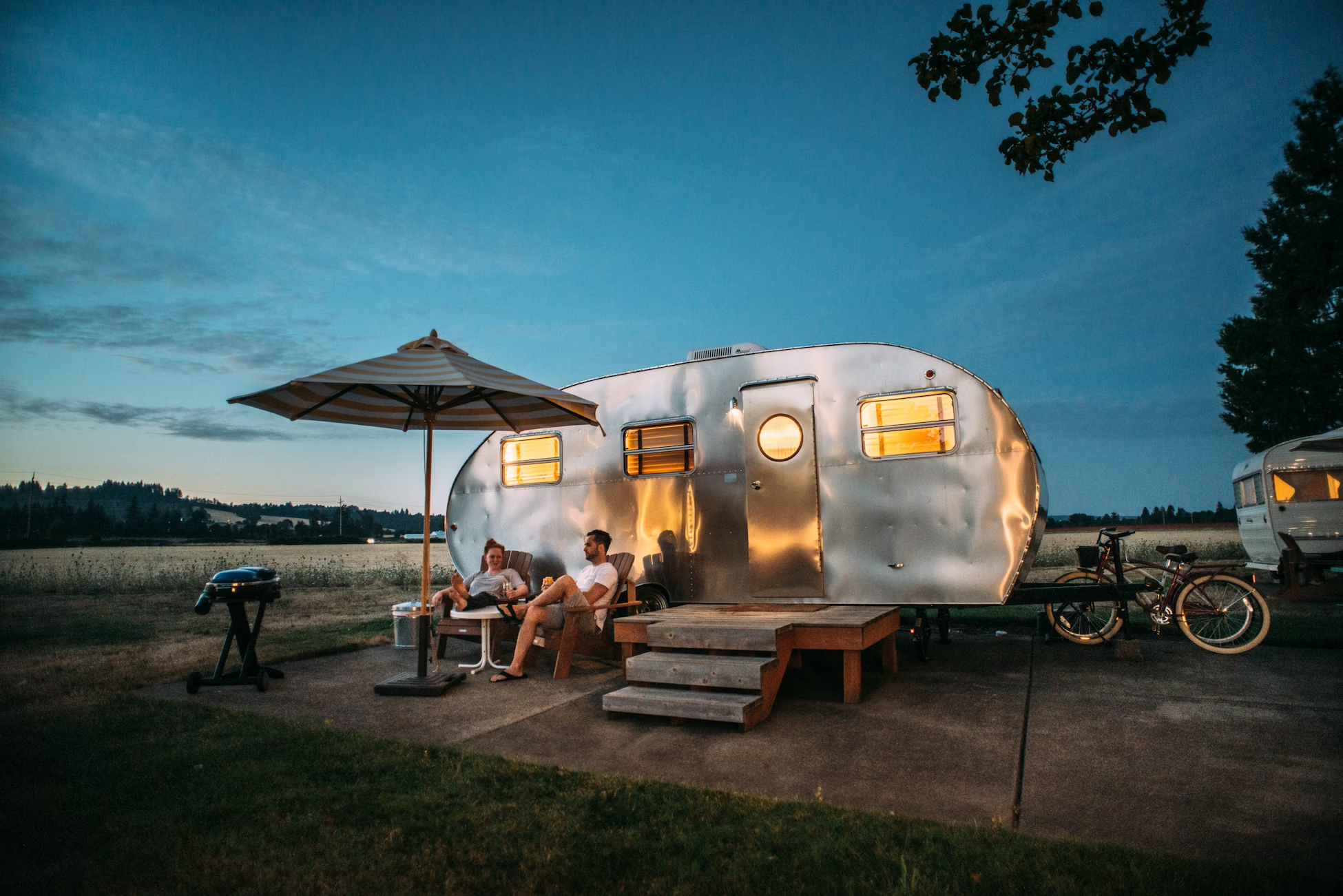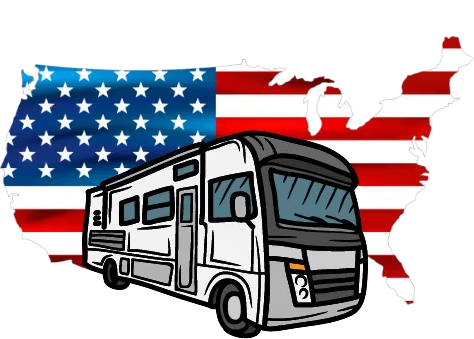Before you hand over the keys, here’s the real story on what to expect—money, stress, and everything in between.
When I first looked into renting out my RV, I had two competing thoughts:
“This could be an amazing side hustle.”
“What if someone trashes it?”
Sound familiar?
I’d just returned from a long summer trip and realized my RV would probably sit unused for the next 6 months. That’s when I started crunching numbers. The income potential looked amazing—but letting strangers sleep in my rig? That was hard to get past.
If you’re in the same boat, wondering whether to take the plunge, this guide will walk you through the real upsides and trade-offs of RV rental ownership.
Table of Contents
- The Promise of RV Rental Income
- Major Pros of Renting Your RV
- The Downsides You Need to Consider
- Financial Upside: A Realistic Income Breakdown
- Emotional Costs: Stress, Time, and Letting Go
- Lifestyle Trade-Offs: Fewer Spontaneous Trips
- Long-Term Benefits Beyond Just Money
- What Type of Owner Is RV Rental Right For?
- Final Thoughts: Should You Do It?
1. The Promise of RV Rental Income

Let’s start with why most people even consider it: money.
An RV sitting in your driveway is a depreciating asset. But rented out? It becomes a money-maker. Depending on your RV type, location, and season, you could pull in anywhere from $1,000 to $5,000+ per month.
I once rented my Class C out for the month of July and netted nearly $3,200. That money covered my insurance, paid off a chunk of my loan, and helped fund my family’s fall trip to Zion.
If you’re strategic about when and how you rent, your RV can practically pay for itself.
2. Major Pros of Renting Your RV
There’s a lot to love about turning your RV into an income stream:
✅ Extra Cash Flow
Offset monthly loan payments, build a maintenance fund, or pay for your own travel. One couple I know rents their rig five months a year, and it covers both their RV and their car loan.
✅ Tax Write-Offs
Fuel, maintenance, storage, insurance—even a portion of your cell phone bill if you’re managing bookings—all potentially deductible. Once I learned to treat my RV like a small business, tax season got a lot more interesting.
✅ Purpose-Driven Use
It’s genuinely rewarding to help a young family take their first national park trip or give grandparents one last big adventure with their grandkids. You’re not just renting a vehicle—you’re giving someone a memory.
✅ Scalable Model
Love the process? You can reinvest profits into more RVs. We’ve seen owners go from renting out one rig to managing an entire fleet.
3. The Downsides You Need to Consider

Now, let’s talk about the hard stuff. Because it’s not just passive income—you’re running a rental business.
❌ Wear and Tear
Renters aren’t rough intentionally—but they’re not you. Expect dings on cabinets, faster fabric wear, maybe a broken drawer here and there. One guest accidentally melted part of my stovetop cover because they thought it was “heat-proof.”
❌ Prep and Cleanup
Every trip requires a deep clean, tank dumps, restocking linens and kitchenware. If you’re not outsourcing this, it’s a real time commitment. I learned early on to budget at least 2–3 hours between bookings.
❌ Scheduling Stress
That spontaneous trip to Yosemite? Might not happen if your RV is booked every weekend in June. Your vacation flexibility takes a hit.
❌ Guest Damage or Drama
Most guests are respectful. But every owner eventually gets the call: “The AC isn’t working,” or “I think I hit something backing into the campsite.” It comes with the territory.
4. Financial Upside: A Realistic Income Breakdown
Let’s look at a real-world scenario:
- Class C RV rents for $225/night
- 15 nights/month booked = $3,375 gross
Now subtract typical costs:
- Platform fees (20%): $675
- Cleaning/supplies: $150
- Maintenance reserve: $150
- Insurance: $125
- Storage: $100
Net profit: ~$2,175/month
Multiply that by 6–8 strong rental months and you’re looking at $13,000–$17,000+ annually.
I know one owner who nets over $20K/year by managing two RVs in the Southwest. It’s not “retire tomorrow” money—but it’s real income.
5. Emotional Costs: Stress, Time, and Letting Go
This is the part most people don’t factor in.
- Letting strangers use your RV can feel…weird.
- Answering midnight texts about a microwave button can get old.
- Booking back-to-back weekends means planning your life around guest calendars.
Personally, I love the business side. I like prepping the rig, meeting guests, hearing about their adventures. But I’ve also had weeks where I felt totally burnt out—and that’s with good guests.
6. Lifestyle Trade-Offs: Fewer Spontaneous Trips
You’ll have to trade some personal freedom for rental income.
During peak summer months, you may have to choose:
Use your RV for a road trip, or earn $3,000 renting it out.
For us, we started blocking out August for family travel and renting the rest of the season. It’s all about balance—but flexibility is one of the first things to go when your RV becomes a business asset.
7. Long-Term Benefits Beyond Just Money
Here’s something I didn’t expect: renting out my RV made me a better owner.
- I stay on top of maintenance like clockwork
- I upgraded my mattress because guests commented on it (and I’m loving it too)
- I learned how to streamline setups, walkthroughs, and checklists
It also gave me a window into guest preferences—which helped me spec out my next RV purchase much more smartly.
8. What Type of Owner Is RV Rentals Right For?
✅ Great Fit If You:
- Have an RV that sits unused much of the year
- Enjoy systems, routines, and checklists
- Like customer interaction or are willing to outsource
- Want to build long-term side income
🚫 Maybe Not for You If:
- You travel frequently or spontaneously
- You’re highly protective of your rig’s condition
- You hate the idea of strangers in your space
- You don’t want another business to manage
There’s no wrong answer here—it just depends on your goals and personality.
9. Final Thoughts: Should You Do It?

Renting your RV can be a smart financial move—but it’s not friction-free. The most successful owners I know are the ones who:
- Treat it like a real business
- Set clear expectations for guests
- Use systems and tools to manage time and stress
After all that, there is a third option! RV Rental Management with RV Management USA. This allows owners who don't have the time or patience to deal with their own rentals to have RVM rent out their unit for them. At RV Management USA (RVM) we will store, clean, maintain, and rent out your RV on your behalf so that you can sit back and earn monthly passive income. This is a totally hands free experience for owners and RVM makes sure your RV is rented safely and securely to verified renters.
At RV Management USA, we help owners evaluate if renting their RV makes sense.
Reach out to us today and let us know where you are located and what type of RV you have.
— The RVM Team













